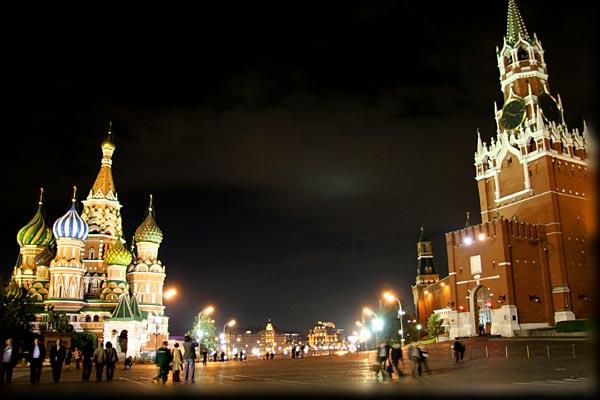Russia faces bleak economic prospects for the next few years. It may be a case of managed decline in which the government appeases social and political demands by tapping the big reserves it accumulated during the boom years with oil and gas exports. But there is also a smaller possibility of a more serious economic breakdown or collapse. A proper analysis requires consideration of a number of key and often overlooked features of Russia’s post-Soviet economy.
The Post-Soviet Economy
By the late 1980s, the Soviet economy had become completely dysfunctional due to internal imbalances and rigid management required by the command economy and the socialist property system. Yet Russia also inherited a Soviet legacy that included well-developed infrastructure, a large number of ineffective but functioning industrial assets, and enormous mineral deposits.
Since 1991, the economic system has undergone rapid changes, but democratic institutions have never emerged.
More recently, high revenues from hydrocarbon exports together with massive subsidies for domestic energy consumers have hurt other sections of Russia’s economy. Since oil prices have fallen, the country has been plunged into relative economic isolation.
l External factors—primarily Western economic sanctions—are secondary and insignificant and have little impact on the economy, although the Russian regime is actively exploiting them to justify current economic hardships.
Key Conclusions and Projections
There is no reason to expect any serious surprises in the Russian economy in 2017, of either a positive or a negative kind. A baseline scenario does not anticipate economic catastrophe or radical social upheaval.
The weakest link in Russia’s economy over the next few years will be the banking system. But other vulnerable parts of the system could also experience catastrophic changes.
The Russian government has chosen not to tackle economic challenges by reforming the economy. Instead, it has focused on maintaining the budget deficit at its current level in the short term, in part at the expense of long-term development. The government’s main strategy is to raise tax revenues and cut public spending.
The government might significantly loosen its monetary policy and cut off capital flow abroad. In this case, foreign currency transactions will be restricted and price controls will be imposed. But this will certainly not happen before the 2018 presidential elections.
Judging by the current state of public opinion, future changes are likely to include stricter political control, further nationalization of private property, further shutting down the economic space, and new processes that make economic transactions in the country less sophisticated and more inefficient.
(By Andrey Movchan, an expert at Carnegie Endowment for International Peace. The above is an extract from the full article.)




 A single purchase
A single purchase









